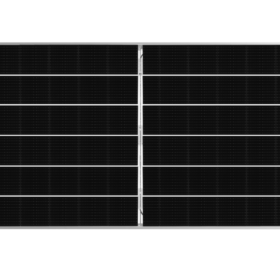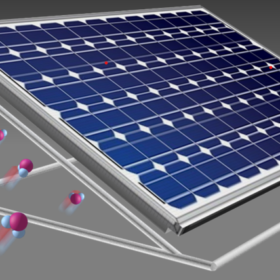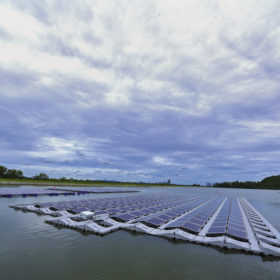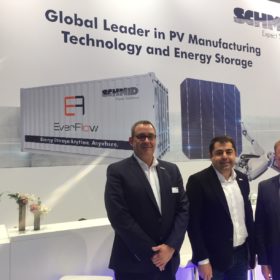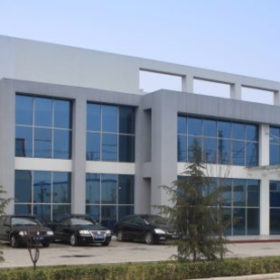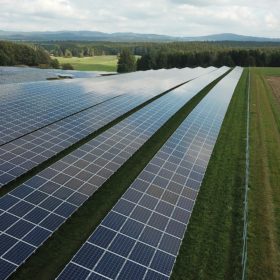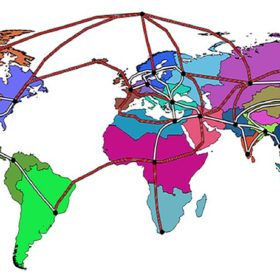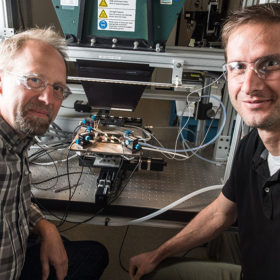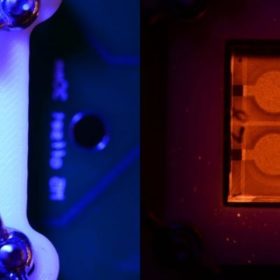Jinko launches PV module with record output of 580 W
The panel is part of the company’s new Tiger Pro series, which includes two 530 W modules and a 430 W product for distributed-generation applications. It will begin production of the series in the fourth quarter, although it will start accepting first orders immediately.
Saudi researchers propose harvesting atmospheric water to cool down PV panels
Scientists from Saudi Arabia have proposed a new PV panel cooling technique which employs an atmospheric water harvester. The device uses waste heat from the PV panel to collect atmospheric water at night and then releases it during the day to cool down the module. The researchers claim the device may also be improved to produce liquid water, which could be used for the cleaning of the modules.
Micronesia launches tender for utility scale solar-plus-storage
The government of the Federated States of Micronesia wants to increase power generation capacity on the islands of Yap and Kosrae.
25-year power purchase agreement signed for 60 MW of floating solar in Singapore
Utilities and marine company Sembcorp Industries has secured an energy offtaker for its Tengeh Reservoir project.
3 GWh of German redox flow battery production: Made in Saudi Arabia
German production equipment provider Schmid and Saudi chemical group Sabic are planning to begin activities at a new factory in Saudi Arabia, with production being expected to begin in 2021.
500 W-plus panel race intensifies with JA Solar’s new module and Risen’s first shipment
Chinese manufacturer JA Solar has announced a new 525 W+ panel and said the product will be available from the second half. Domestic rival Risen has shipped the first batch of its high-powered modules and intends to stick to pre-Covid-19 plans to ramp up production.
LCOE from large scale PV fell 4% to $50 per megawatt-hour in six months
Analysts at Bloomberg New Energy Finance say the lowest-cost projects financed in Australia, China, Chile and the UAE in the last six months hit a levelized cost of energy of just $23-29/MWh and the best solar and wind projects will produce electricity for less than $20/MWh by 2030.
Global supergrid vs. regional supergrids
Researchers from Finland’s Lappeenranta University of Technology have assessed the economic advantages of a fully interconnected global network. They found that an international grid could contribute to a global LCOE of €52.50/MWh. The higher complexity of such a system, however, would only be marginally compensated by additional economic benefits.
Six-junction III–V solar cell with 47.1% efficiency
A U.S. research group has developed a new solar cell, based on six active photoactive layers, to capture light from a specific part of the solar spectrum. The scientists claim that they could potentially reach a 50% efficiency rate with the new cell.
Shine! You’re on photoluminescence camera!
Researchers in Australia and China used intensity-modulated photoluminescence to map the series resistance of perovskite solar cells with a technique which could further understanding of the causes of instability issues in such devices.

